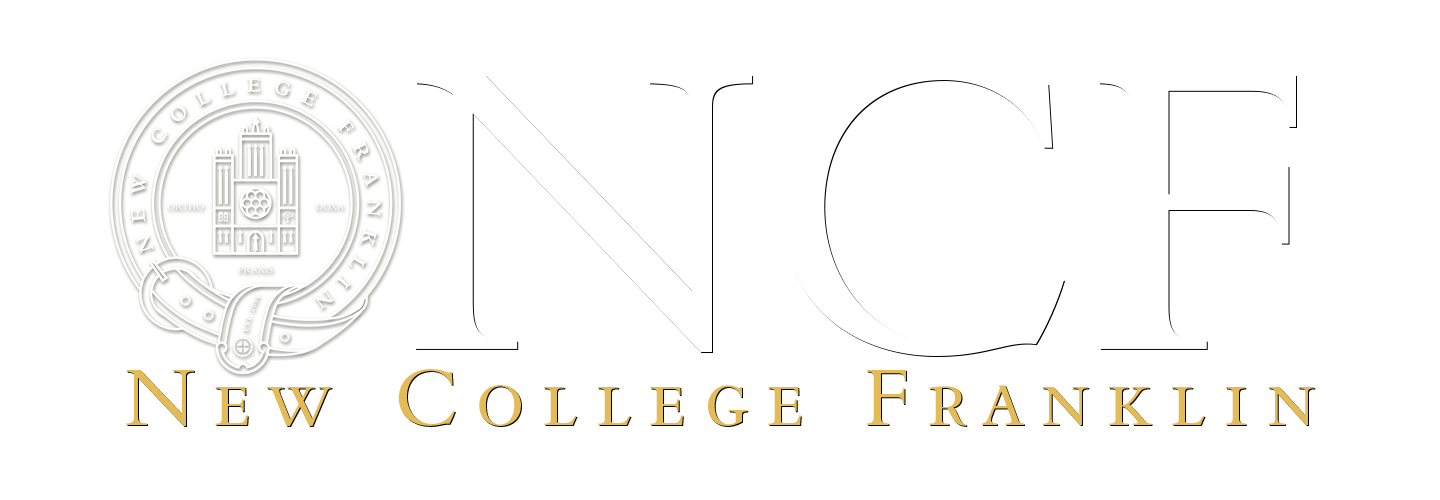Vocational Placement
Our culture has changed radically in its understanding of the purpose of a college education. We are trained to believe the value of the degree is directly related to the students’ employability upon graduation. As high school students, we are taught to determine what we want to spend our lives doing, then chose a school with a degree program that will prepare us for that particular career. If you want to teach, you chose an education program at a highly credentialed school of education; if you want to be a doctor, you follow that career path; if you want to be in business, you earn a business degree. To our culturally-trained minds, this makes perfect sense.
But long gone are the days when someone graduates from high school, then college, then enters the workforce with one company and remains until retirement some 30 + years later. Nationwide studies have shown that half or more persons are no longer in the career of their college training. In short, much of what is taught in the typical vocationally focused Bachelor’s degree will not stand the test of time and will be mostly useless within a few years.
At New College, we seek to provide an education that prepares the individual to learn how to learn, to learn how to think within the broader context of history and society, to learn how to best engage the culture by sharpening the skills of writing, speech, and persuasion, and most importantly, to consider history and current trends through the eyes of scripture.
Below are several recent news articles that confirm that education for the world of today needs to be less focused on training for a specific job and more focused on personal formation so that the graduate is equipped to thrive in whatever context he finds himself in.
Speaking of the liberal arts degree, Forbes magazine contends that “As it’s used in academia it’s closer to the idea of broadening the mind and “liberating” it from parochial divisions and unthinking prejudice. It encourages the questioning of assumptions and reliance on facts as well as an understanding that even facts can be interpreted differently through different lenses. Ideally, it enables individuals to gather information, interpret it, and make informed decisions on a wide variety of topics.” Forbes.com
“In short, people need to learn how to learn, because the only hedge against a fast-changing world is the ability to think, adapt and collaborate well.” QZ.com
“Among the 2,134 workers surveyed, 47 percent of college graduates did not find a first job that was related to their college major. What’s more, 32 percent of college grads said that they had never worked in a field related to their majors.” CBSNews.com
“The pie chart…shows the percentage of college graduates (27.3 percent) who were working in a job directly related to their college major.” NewYorkFed.org
“Fewer graduates (57 percent) think college adequately prepared them for work in the real world.” CareerBuilder.com

Career Resources
Even though New College values first and foremost graduates who are not specialized in one specific field, we are nonetheless committed to helping students find meaningful work after graduation so that they can succeed in their calling to “make it their ambition to lead a quiet life, to mind their own business and to work with their hands” (1 Thess. 4:11-12). In addition to the resources below, we also give students access to vocational placement software so that they can discern their areas of interest and calling. Below are resources we have compiled to help students find their vocation upon graduation.
